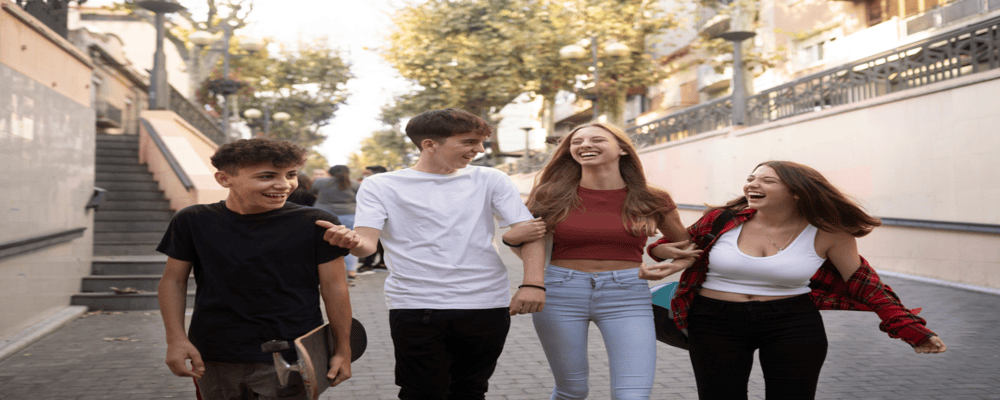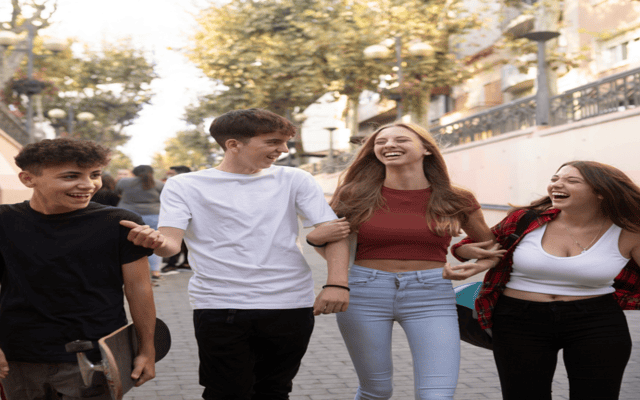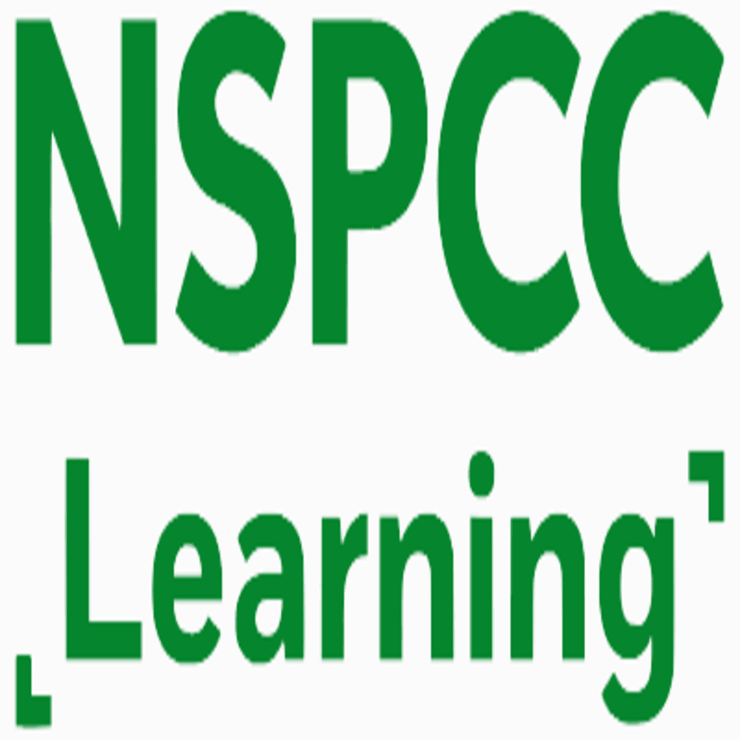
NSPCC: It’s not OK
It’s not OK helps children and young people recognise concerning behaviour and identify characteristics of positive relationships. The lesson plans, films and accompanying activities cover what behaviour to look out for and how to respond to it.
It’s Not OK reinforces the importance of building and maintaining positive relationships and recognising and responding to behaviour relating to:
- online safety
- grooming
- sexting
- harmful sexual behaviour
- child sexual abuse
- child sexual exploitation.
The films have a suggested lesson plan with activities for young people to complete to help them understand the issues that are raised.
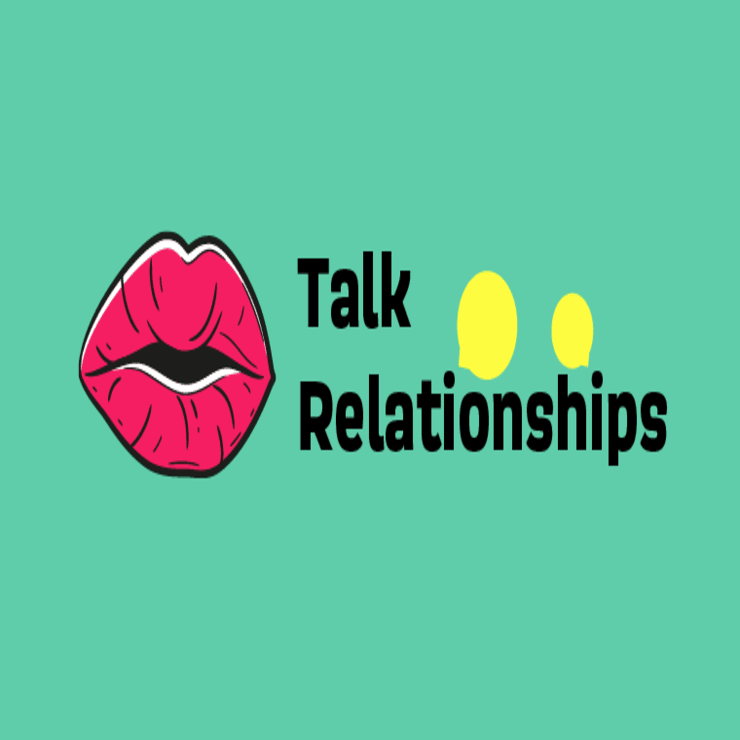
NSPCC Talk relationships lesson plans
Working with the PSHE Association, the NSPCC have developed a series of age-appropriate lesson plans and accompanying guidance for teaching young people aged 11-16 about sex and relationships.
Each lesson builds knowledge, understanding and skills on how to negotiate relationships in healthy and safe ways.
There is one overarching teaching guidance document and 14 lesson plans, each of which includes:
- teaching notes with learning objectives and outcomes
- a plan with lesson timings, assessments and suggested extension activities
- slides to display in the classroom
- printable worksheets to hand out in the classroom.
You can download all the lesson plans for each age group as one ZIP file, or download individual lessons.
The supporting Talk Relationships eLearning course will help staff to develop the knowledge and skills to deliver the lessons

Love life: Resources for young people with learning difficulties
Helping young people explore topics such as emotions, relationships and identity
The films and supporting resources are aimed at young people aged 11 to 25 to help them learn strategies for staying safe as they grow up and gain independence.
They enable adults to start conversations with young people about:
- feelings
- privacy and boundaries
- friendship
- different kinds of love
- online safety.
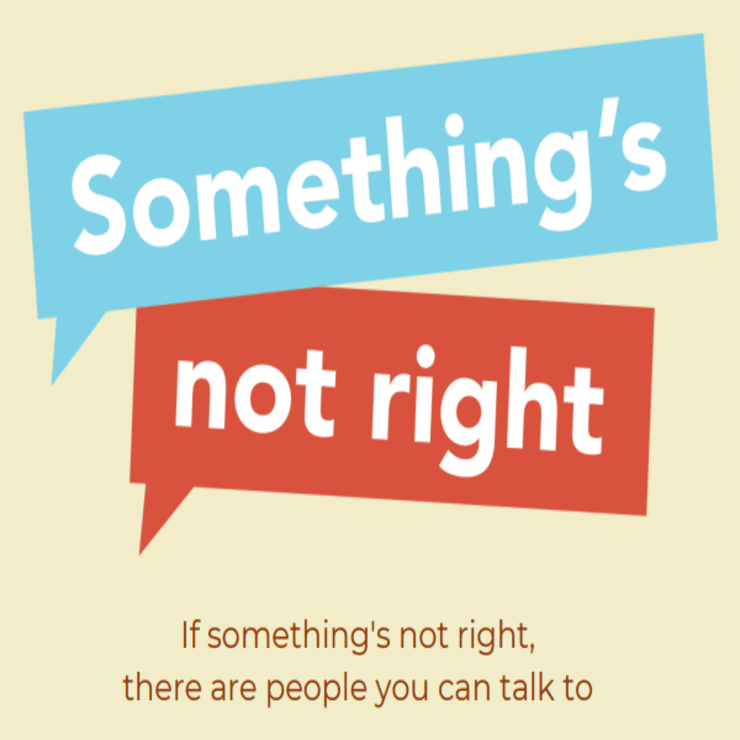
Something’s not right
The ‘Something’s not right’ materials are aimed at children and young people who have experienced harm, including sexual and physical abuse, but haven’t received support. The lesson plan is designed to empower all students with the knowledge, skills and confidence they need to report concerns about themselves or someone they know, to trusted adults or other appropriate sources of support.
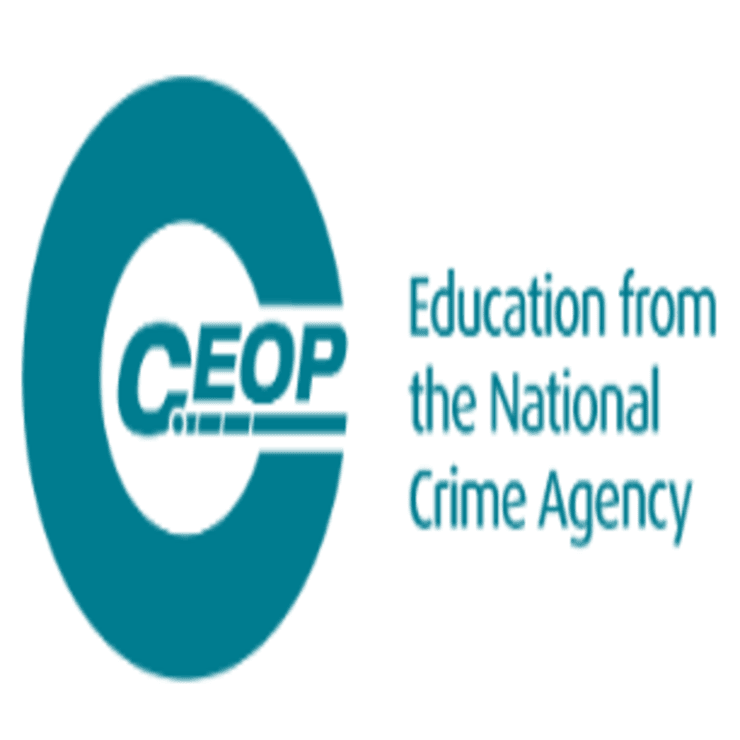
CEOP Talks relationships
CEOP Talks Relationships, is a 6 week campaign helping teachers to educate and support young people in building healthy relationships.
Respecting me, you, us: building healthy relationships and creating positive cultures
A series of 8 lesson plans and five short situational films which aim to help 12-14 year olds to develop a better understanding of healthy relationships and how to challenge unhealthy behaviours and social norms.
The internet, relationships & you is a website for those ages 11-18 years to access information on healthy relationships and challenging unhealthy behaviours
Exploited
Exploited is an 18-minute film which educates young people to identify features of an exploitative friendship or relationship in contrast with the development of a healthy relationship and gives them clear information about how to report abuse and access support.
Send me a pic? Three sessions for 11-14 year olds on issues around nude image sharing
Send me a pic? is a CEOP Education resource on the consensual and non-consensual sharing of nude images among young people. Send me a pic? consists of three sessions containing seven films depicting fictional online chats.
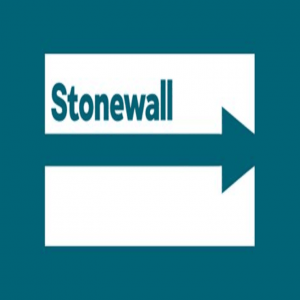 Stonewall provide a range of free resources to support schools with LGBTQ+ inclusivity education.
Stonewall provide a range of free resources to support schools with LGBTQ+ inclusivity education.

A resource package aimed at encouraging children to recognise child sexual exploitation. CSE forms part of the broader context of RSE carried out within schools and no standalone package can encompass that remit within a standard 60-minute lesson. This package is tailored to exploitative sexual relationships and assumes other lessons about healthy relationships have taken place beforehand.
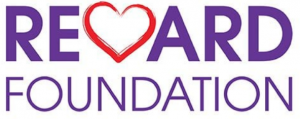
The Reward Foundation provide free lessons on sexting and internet pornography.
 DO….RSE is no longer supported by Durex, but the secondary teaching resources can be found here
DO….RSE is no longer supported by Durex, but the secondary teaching resources can be found here
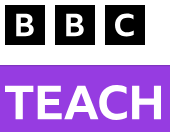
Relationships and Sex Education classroom resources have been created to support teachers, in response to the changes in the statutory RSE guidance in England from September 2020. Due to the sensitive nature of the subject matter, the BBC strongly advise teacher viewing before watching with students.

Brook provide a variety of free resources including videos on how different forms of contraception work and videos of young people talking about issues such as consent.
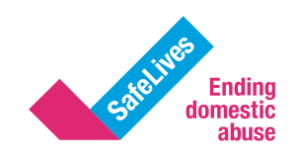
SafeLives resources build on research and development work that was done in relation to boys and young men but gender-neutral language is used as far as possible, to allow them to be used by practitioners working with young people of any gender. The resources in the pack are designed primarily for use with young people aged 13-21 and Whilst this work often focuses on intimate or sexual relationships, these conversations are also important in relation to all the personal relationships that young people will have, including friendships.
 Designed for senior secondary students and their teachers explores challenging and important issues surrounding respectful relationships, including sexual harassment, domestic violence, misogyny in pornography, pornography versus reality, and the sharing of intimate images. Watch here.
Designed for senior secondary students and their teachers explores challenging and important issues surrounding respectful relationships, including sexual harassment, domestic violence, misogyny in pornography, pornography versus reality, and the sharing of intimate images. Watch here.

